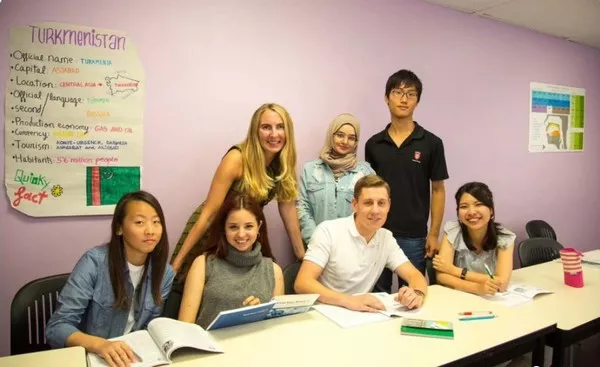In April 2025, Malawi’s Parliament passed the Mental Health Bill No.17 of 2025, marking a significant shift from the outdated Mental Treatment Act of 1948. The new legislation adopts a rights-based framework, establishing a Mental Health Board to oversee service quality and patient rights, and mandates informed consent and safe treatment protocols. This move comes in response to growing concerns about the country’s mental health infrastructure, particularly the surge in mental health issues among young people.
Malawi’s mental health services have long been under-resourced, with Zomba Mental Hospital being the sole public mental health facility in the country. As of 2020, it had only one practicing psychiatrist, and elsewhere, psychiatric nurses and clinical officers often juggle mental health duties alongside general medical services, leading to shortages of specialist care.
Community organizations such as iMind Youth Organisation and St John of God Community Services have been instrumental in providing counseling, radio outreach, and rehabilitation programs, but they remain under-resourced. Initiatives like iMind’s Fresh Minds radio program and peer mentoring have reached thousands, reducing stigma and encouraging help-seeking behaviors among the youth.
The new legislation also aligns with ongoing efforts to integrate mental health screening into other health services. For instance, organizations like Mothers2Mothers, supported by UNICEF, have incorporated mental health screening into HIV services to enhance treatment adherence and maternal-child health outcomes.
Policy advocacy has intensified following the enactment of the 2025 Act, with calls for the decriminalization of attempted suicide and increased budgetary allocation for mental health services. These efforts aim to address the rising cases of suicide and improve access to mental health care across the country.
The Mental Health Bill No.17 of 2025 represents a significant milestone in Malawi’s journey toward a more equitable and effective mental health care system. By adopting a rights-based approach and focusing on community-based services, the country aims to better address the mental health needs of its population, particularly the youth, who have been disproportionately affected by mental health challenges.
Related topics:
How do i know What personality type i am?
How Do You Find Out Your MBTI?
How to Take the MBTI Test: A Comprehensive Guide















